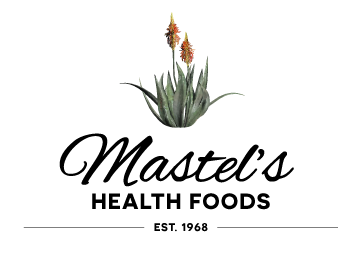As the leaves change color and the air turns crisp, fall brings a magical transformation to the environment. However, for many, it also heralds the onset of fall allergies. Ragweed, mold spores, and other triggers can lead to sneezing, itchy eyes, and congestion. While over-the-counter antihistamines are commonly used, exploring natural remedies like supplements can provide valuable relief without the side effects. In this blog post, we'll delve into the world of fall allergies and highlight some of the best supplements to alleviate discomfort.
Understanding Fall Allergies
Fall allergies, often referred to as hay fever or allergic rhinitis, are triggered by allergens such as ragweed pollen, mold spores, and dust mites. These allergens can cause the immune system to release histamines, leading to symptoms like sneezing, runny nose, itchy eyes, and congestion.
Top Supplements for Fall Allergy Relief
Quercetin: Quercetin is a natural flavonoid found in fruits and vegetables. It's known for its anti-inflammatory and antihistamine properties, making it a potential ally against fall allergy symptoms. Quercetin may help stabilize mast cells, which release histamines, thereby reducing allergic reactions.
Bromelain: Bromelain is an enzyme found in pineapples and is known for its anti-inflammatory effects. It can enhance the absorption of quercetin and assist in reducing nasal congestion and other allergy symptoms.
Stinging Nettle: Stinging nettle is a herb that has been traditionally used to relieve allergy symptoms. It contains compounds that may inhibit histamine release and reduce inflammation, helping to alleviate sneezing and congestion.
Vitamin C: Vitamin C is a powerful antioxidant that can help support the immune system and reduce inflammation. It may also have a mild antihistamine effect, making it beneficial for managing fall allergies.
Omega-3 Fatty Acids: Omega-3 fatty acids have anti-inflammatory properties that can help reduce the severity of allergic reactions. Incorporating fish oil or flaxseed oil supplements can contribute to overall immune balance.
Probiotics: A healthy gut microbiome plays a role in immune regulation. Probiotics can support gut health and potentially influence the body's response to allergens.
Considerations and Precautions
Consult a Healthcare Professional: Before starting any new supplement regimen, especially if you're taking medications or have underlying health conditions, consult a healthcare professional.
Quality Matters: Choose supplements from reputable brands that undergo third-party testing for potency and purity.
Dosage and Timing: Follow recommended dosages and guidelines. Some supplements may take time to build up in your system, so consistency is key.
Holistic Approach: While supplements can provide relief, consider adopting other strategies like minimizing allergen exposure, using air purifiers, and maintaining a healthy lifestyle.
Navigating fall allergies doesn't have to be a battle. By incorporating these natural supplements into your routine, you can take a proactive approach to managing symptoms and enjoying the beauty of the season without discomfort. Remember that supplements work best when integrated into a holistic approach to wellness, including a balanced diet, regular exercise, and a well-considered allergy management plan. Always prioritize your health and well-being by seeking guidance from healthcare professionals before making significant changes to your supplement regimen.

